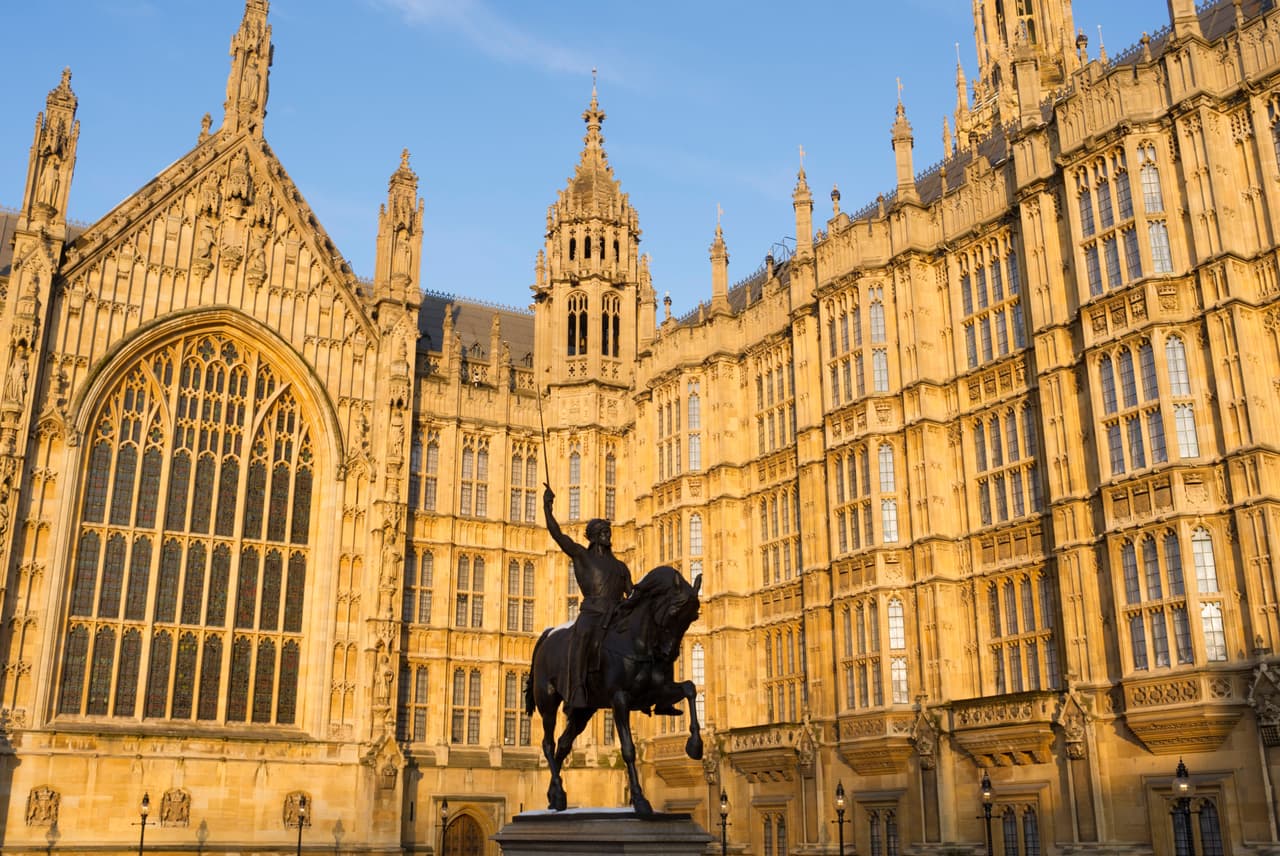
David Davis says SLAPP cases pose an ‘existential threat’ to journalism
This article was updated on [19.07.2024] to include details of a letter from the Kazakh government, which Jusan Technologies shared with TBIJ.
Former cabinet minister David Davis has said aggressive legal claims such as those being brought against the Bureau pose an “existential threat to investigative journalism” in the UK.
Davis’s comments were made in a parliamentary debate based on a defamation case against the Bureau of Investigative Journalism, the Telegraph and openDemocracy, brought by the high-profile firm Boies Schiller Flexner.
The case relates to reporting about UK assets held by Jusan Technologies Limited – itself connected to the Nazarbayev Fund, named for and established by the former dictator of Kazakhstan. It was said by Davis to be a Slapp (strategic lawsuit against public participation), a type of legal action by which the rich and powerful aim to silence journalists and activists by hitting them with hugely expensive lawsuits.
“With every letter and every stage of legal action, organisations like the Bureau of Investigative Journalism must divert resources and attention away from public interest reporting and towards defending themselves against bogus or trivial claims,” said Davis, who served as Brexit secretary under Theresa May.
“The Bureau of Investigative Journalism has a small team, with just a few dozen staff. To defend itself, it has been forced to divert much of its reporting team and senior management, as well as significant financial resources, to dealing with these legal threats.
“This kind of ‘lawfare’ is a potentially existential threat to investigative journalism, and that is precisely what the claimants in these cases intend.”
Gareth Johnson, a junior minister in the justice department, responded on behalf of the government, reaffirming its commitment to bring forward measures to restrict Slapp actions and protect media freedom.
“Slapps are wrong. They are a form of bullying. They need to be stopped, and stopped through legislation,” he said. “First, let me emphasise that investigative journalism is of central importance to a functioning democracy.
“We rely on journalists to hold powerful people and organisations to account for our collective good. ‘Lawfare’ that targets our public watchdogs through aggressive, intimidatory tactics must be stamped out.”
Johnson was warned by MPs that such reforms are required as a matter of urgency.
Following publication of this article, Jusan Technologies sent TBIJ a letter signed by Kazakhstan’s Vice-Minister of Justice. The July 2023 letter states Kazakh authorities investigated allegations that members of the Jusan group of companies, including Jusan Technologies, Jysan Holding and New Generation Foundation, had links to Nazarbayev or were controlled by him or on his behalf. It also said they had looked into whether they had “misappropriated public funds”.
Kazakhstan “found no direct or indirect link between any of the above-mentioned companies, its officers, or directors and Mr Nursultan Nazarbayev or his family, nor evidence of any misappropriation of public funds,” the letter said. Nazarbayev drew no financial benefit from any of the companies and “has no control over, or affiliation with, those entities,” it said.
Clarification: An earlier version of this story said that a letter to Chris Matheson relating to his parliamentary question had been sent by Boies Schiller Flexner. Following clarification post-publication from Boies Schiller Flexner, we now understand the letter was sent directly to Matheson by lawyers at Jusan Technologies Limited. We are happy to clarify this issue.
Header image: The Houses of Parliament in London. Credit: Alamy
-
Area:
-
Subject:




